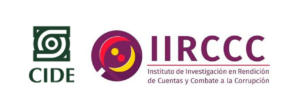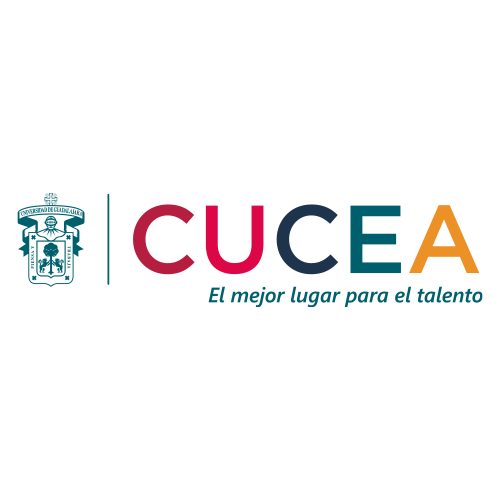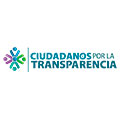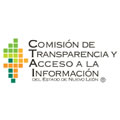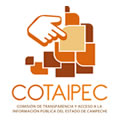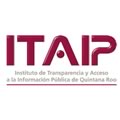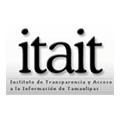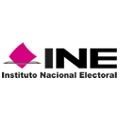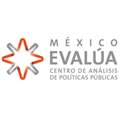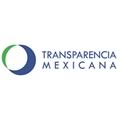By Ana Cristina Ruelas Serna and David Mora
The authors work at ARTICLE 19, Mexico and Central America.
On April 16th, the Mexican Congress finally approved the General Transparency Law, making progress in adjusting the current legal framework to the standards ordered by the Constitutional reform approved in February 2014. The final text did not include any key change from what the Senate discussed and approved last month, and therefore it was later sent to the President for his final sanction.
While waiting for its publication, we think it is important to recall this whole legislation process –plenty of lessons, for the Congress, the Executive Power and Civil Society.
The Constitutional Reform
The Transparency Constitutional Reform of 2007 was proved not enough for an actual RTI guarantee: it had an exemption regime for some entities and people who receive and expend public resources such as political parties, public unions and funds; as a federation we had a huge asymmetry in each of the state transparency laws; the oversight body was not autonomous so it had limited functions which not allowed it to act independently; RTI was only for a few privileged ones and the most vulnerable communities did not know anything about this right; and the nonexistence of information was one of the most recurrent answers from the covered entities.
The 2014 Constitutional Reform, which took almost a year to be approved and a lot of efforts and pressure from civil society, was finally published with some key provisions that overcome these problems. It gave IFAI (Federal Transparency Institute) autonomy, national competence and called its resolutions as final, it also eliminate the exception regime for covered entities and force them to generate information related to their competence and functions.
After its publication, experts and civil society were satisfied, the consultation process came up with a result where their voices were heard and there was only one thing to be worried about, the possibility for the President’s Legal Advisor to appeal IFAI’s rulings when related to national security matters.
Finally, the reform gave the Congress a year to generate three General Laws: the transparency general law, the data protection general law and the archives general law.
New Commissioners at New IFAI
While discussing the constitutional reform IFAI felt into a deep legitimacy crisis when selecting its new President. The plenary was divided -which highly reflected on their decisions. Therefore, when the reform was approved, civil society urged the Senate to take them away and appoint new plenary members.
The Senate invited experts from civil society and the academy to fill a technical instrument of evaluation for each of the new candidates –a fact without precedents. However, their participation did not prevail over the Senate’s drive to choose those candidates who were close to each one of the parties (six of them from the applicants recommended by the experts, but not the ones with the best qualifications).
General Transparency Law
After the appointments the Senate started the Transparency General Law legislation process, the idea was to develop a law between the three major political parties (PRI, PAN and PRD) taking in consideration the previous consultations to experts on the constitutional reform.
As part of the Transparency Collective and México Infórmate we disagreed and asked for direct participation in the process (from the drafting to the approval) and they accepted, for the first time in Mexican history a law was drafted by the three major political parties and civil society. It supposed to be a pilot project for Open Parliament but to be sincere we didn’t know which was the scope of a process like this; for civil society -of course the participation supposed to be all the way through until the approval, we though co-creation implied the final product.
Two hundred hours of work and discussion resulted in a forefront initiative which compiled the maximum international RTI standards and all the National Supreme Court´s progressive criteria, but sooner than later the text changed and became more regressive than progressive, paradoxically the President´s legal advisor was pushing those changes.
Once again civil society was disappointed. ARTICLE 19 defined this as the Senate´s treason: they had invited us to draft the bill in an Open Parliament process, but they –with the Executive Power were finally deciding over the most transcendental issues. IFAI came out with a Decalogue of non-negotiable issues as well as other collectives and organizations. The pressure made the Senate open up a new round of hearings in order to take a final decision agreeing to take out most of the regressive provisions.
The final initiative –which later was approved by the Chamber of Deputies, is not as good as the original draft but it is certainly better than the governing law.
The Outcomes
So after all this, we would say that civil society participation on this process gave a positive balance on the transparency legal framework. We are sure that the Senate´s political will to open this processes gave us the opportunity to fight for a better RTI guarantee.
We think the most important steps on this new law are:
- The creation of a National Transparency System and a National Transparency Platform which come to eliminate the asymmetry we were talking about.
- The improvement of RTI promotion mechanisms between vulnerable communities.
- The prohibition to act against requesters of information. In Mexico there are state legislations which criminalize access to information related to security issues.
- The duty for all covered entities to apply a harm test and public interest overridden when classification of information. Currently some documents are categorically reserved, e.g. all documents related to a criminal investigations or to a decision making process.
- New faculties for the national overseeing body, a wide catalog of liable authorities and subjects, and new substantive transparency obligations for them all.
- The derogation of all laws that contradict the General Law principles and bases. Currently there is a wide list of laws which stipulate document classification other than the transparency law.
Nevertheless, ARTICLE 19 still considers that the Law as it was approved left out highly worrying points, in particular major limitations vis-à-vis the original draft – constructed and proposed altogether by civil organizations and Senators. Among others, that can be found here, it is important to highlight:
- In a conflict between laws, openness and transparency does not clearly prevail, moreover in front of a widening catalog of classified information. In spite of Article 7 which states that any other law related to information freedom must be coherent with the General Law, Article 20 establish federal laws as legitimate sources of classification, and Article 113 recognizes as classified any information considered as so by express provision of other laws. This article goes beyond, recognizing wide concepts such as public security, national defense, tax collection and all criminal investigations as legitimate reasons to classify information.
- Information regarding human rights gross violations and crimes against humanity is open –as long as the events related are officially recognized as so. This is particularly serious given the context of impunity and serious human rights violations Mexico is stranded in, where most crimes are not prosecuted and those that may classify as gross human rights violations are investigated as isolated offenses related to organized crime (such as the enforced disappearance of 43 students in Ayotzinapa, which attorneys and judges prosecute as simple kidnappings).
- The Constitutional duty to generate information for every act and faculty of covered authorities was limited by the Law. Under the argument that the authority did not exercise its faculties and that it is materially impossible to re-construct the information, this progressive regulation finds a limitation.
Along the whole process, the new IFAI has shown both good and bad signs in their willingness to effectively address threats to information. On one hand, they changed the old plenary criteria regarding classification when information is related to gross human rights violations and crimes against humanity, ruling the publicity on echoed cases of state violence such as San Fernando and Tlatlaya massacres; in this line, the Institute is actually becoming a key allied in the defense of the right to truth.
However, the new plenary has been ambiguous in other cases, e.g. making a good defense on the Transparency General Law, but not refuting before the Supreme Court the Telecommunications Act, which stipulates the possibility for citizen surveillance –a new faculty conferred by the Constitutional reform.
What Now?
Now we are waiting for the federal and local transparency law harmonization, as well as a good implementation of what has been drafted – in particular regarding the fulfillment of the oversight bodies’ decisions, and the enforcement of sanctions to those covered entities that violate the law. Along this, the Legislative must pass a good General Archive and Data Protection Act, always aware that without those, access and freedom of information will be subject of arbitrary limitations.
Freedominfo.org

